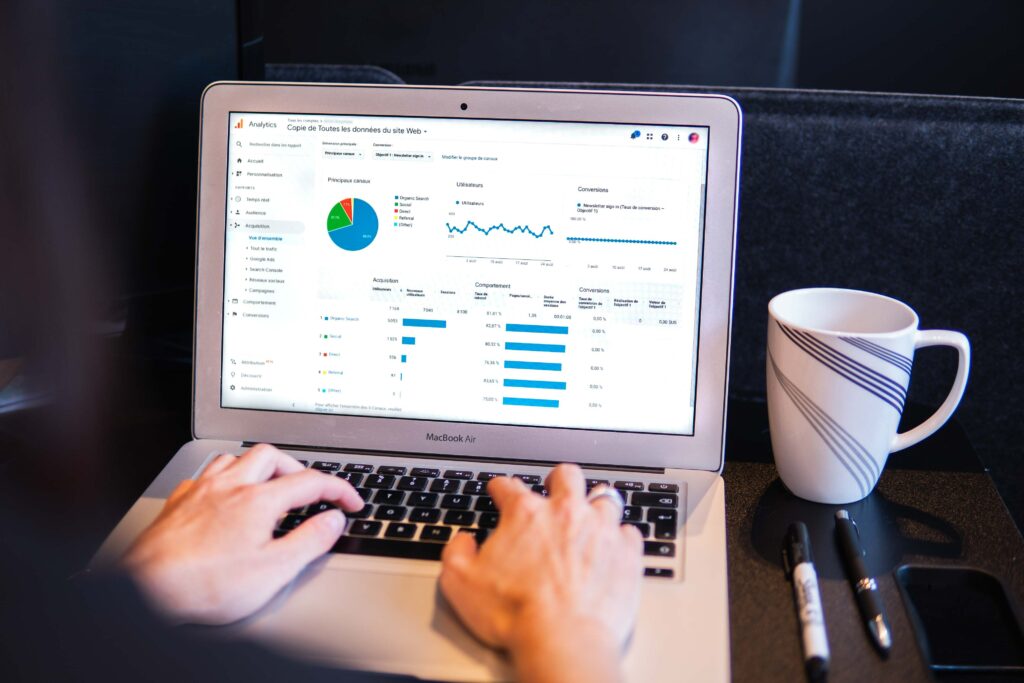In the competitive digital landscape, having a solid SEO strategy is crucial. Understanding and implementing effective SEO techniques can significantly enhance your website’s visibility and drive more organic traffic. This guide covers expert SEO strategies that can help you improve your website’s ranking and overall performance.
Understanding SEO Fundamentals
Search Engine Optimization (SEO) is the practice of optimizing your website to make it more visible in search engine results. It involves various techniques that help search engines understand your content and rank it higher for relevant queries. Understanding the basics of SEO is the first step toward developing an effective strategy.
SEO involves both on-page and off-page techniques. On-page SEO focuses on optimizing elements within your website, such as content, HTML code, and site architecture. Off-page SEO involves activities outside your website, like backlink building and social media engagement. A well-rounded SEO strategy incorporates both aspects to achieve the best results.
On-Page SEO Techniques
Keyword Optimization
Keywords are the foundation of SEO. You can make your content more discoverable by identifying and using relevant keywords. Use tools like Google Keyword Planner to find keywords your target audience is searching for. Incorporate these keywords naturally into your content, titles, and meta descriptions.
When optimizing for keywords, focusing on short and long-tail keywords is important. Short-tail keywords are broad terms with high search volume, while long-tail keywords are more specific phrases that attract targeted traffic. By balancing both types, you can reach a wider audience and attract visitors who are more likely to convert.
Content Quality
High-quality content is essential for SEO success. Your content should be informative, engaging, and provide value to your readers. Focus on creating content that answers common questions and solves problems for your audience. Use a mix of text, images, and videos to keep your content diverse and interesting.
Creating evergreen content that remains relevant over time can help you maintain a steady flow of traffic. Regularly updating your content to reflect new information and trends also signals to search engines that your site is current and valuable. Using proper formatting, such as headings, bullet points, and short paragraphs, improves readability and user experience.
Off-Page SEO Techniques
Backlink Building
Backlinks are links from other websites to your own. They are crucial for improving your website’s authority and ranking. Focus on building high-quality backlinks from reputable websites. Guest blogging, influencer collaborations, and creating shareable content can help you earn valuable backlinks.
When pursuing backlinks, prioritize quality over quantity. A few high-authority backlinks are more beneficial than numerous low-quality ones. Ensure that your backlinks come from relevant and trusted sources, as search engines consider the credibility of linking sites. Building relationships with other website owners and industry influencers can also help you secure valuable backlinks.
Social Media Integration
Social media can play a significant role in your SEO strategy. Sharing your content on social media platforms can increase its visibility and attract more traffic to your website. Engage with your audience on social media to build relationships and encourage them to share your content.
Social signals, such as likes, shares, and comments, can indirectly impact your SEO by increasing your content’s exposure and driving more traffic to your site. Regularly posting valuable content and interacting with your followers can boost your social media presence. Additionally, using social media to promote your blog posts and other content can help you reach a broader audience.
Technical SEO
Site Speed Optimization
A fast-loading website provides a better user experience and can improve your SEO rankings. Use tools like Google PageSpeed Insights to analyze your site’s speed and identify areas for improvement. Optimizing images, using a content delivery network (CDN), and minimizing code can help enhance your site’s speed.
Website speed is a critical factor in user experience and search engine ranking. Slow-loading sites can lead to higher bounce rates and lower engagement, negatively impacting your SEO efforts. Regularly monitoring your site’s speed and making necessary adjustments ensures that it remains fast and efficient.
Mobile Friendliness
With the increasing use of mobile devices, having a mobile-friendly website is essential. Ensure that your website is responsive and provides a good user experience on all devices. Google’s Mobile-Friendly Test tool can help you assess your site’s mobile compatibility and make necessary adjustments.
A responsive design ensures that your website adapts to different screen sizes and provides a seamless experience for mobile users. Given that mobile searches now surpass desktop searches, optimizing for mobile is crucial for reaching a broader audience. Implementing mobile-friendly practices, such as large buttons and easily navigable menus, enhances user experience and can improve your SEO rankings.
Monitoring and Analyzing SEO Performance
Using Google Analytics
Monitoring your SEO performance is crucial to understanding what’s working and needs improvement. Google Analytics is a powerful tool that can help you track your website’s traffic, user behavior, and conversion rates. Use this data to identify trends and adjust your strategies accordingly.
Google Analytics provides valuable insights into how users interact with your website. By analyzing metrics such as bounce rate, average session duration, and traffic sources, you can gauge the effectiveness of your SEO efforts. Reviewing these metrics helps you make informed decisions and fine-tune your strategies for better results.
Adjusting Strategies Based on Data
SEO is an ongoing process, and continually refining your strategies based on data is essential. Review your analytics regularly to identify areas for improvement. Experiment with different techniques and measure their impact on your performance.
Adapting expert SEO strategies based on data ensures you stay ahead of the competition and maintain a strong online presence. Whether it’s tweaking your keyword usage, updating your content, or improving your site speed, making data-driven adjustments can significantly improve your SEO performance.
Conclusion
Implementing expert SEO strategies can significantly improve your website’s visibility and ranking. By focusing on on-page, off-page, and technical SEO, and regularly monitoring your performance, you can stay ahead in the competitive digital landscape. Remember, SEO is a long-term investment, and consistent effort will yield the best results. With the right approach, you can harness the power of expert SEO strategies to drive more organic traffic and achieve your online goals.


